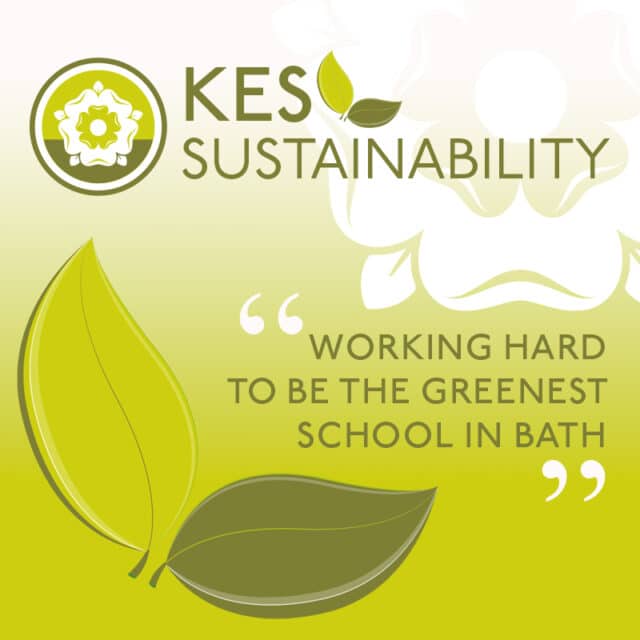Case Study
Notting Hill & Ealing High School: A sustainable school
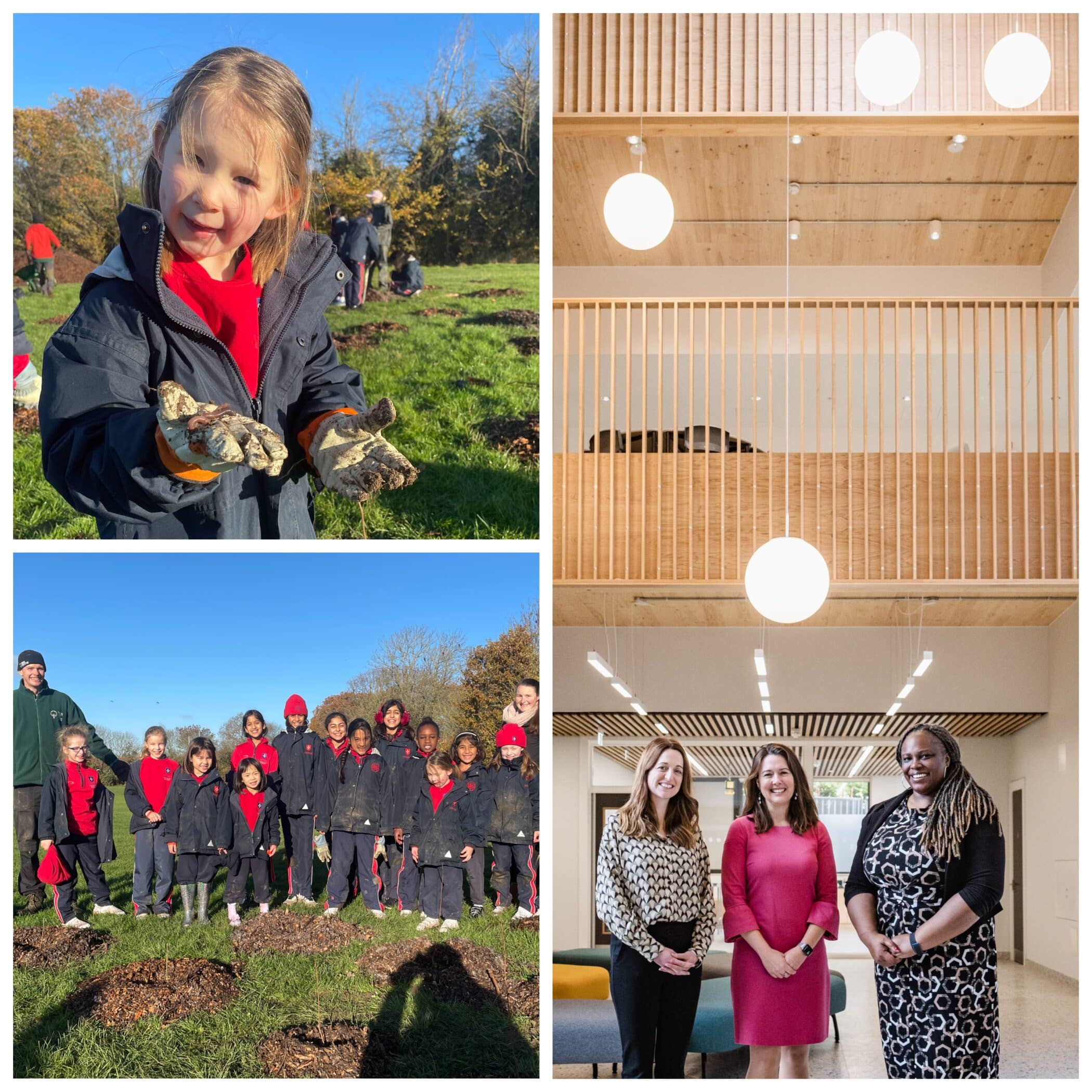
Our new whole-school sustainability strategy
Our updated sustainability strategy heralds a crucial shift towards empowering our students with the knowledge and skills necessary to nurture a healthier planet and instilling optimism through actionable change.
It permeates throughout our school and across our academic curriculum, co-curricular clubs, enrichment and charity initiatives, and is manifested in our new carbon-neutral sustainable junior school that opened in November 2023.
“We understand that sustainability has to be at the forefront of our decision-making, which has led us to identify five key areas for our school in which we want to affect change,” says Mr Faieq Khan, Assistant Head (Operations and Digital Strategy) who also oversees the school’s sustainability strategy, “by educating staff and students, coexisting with nature through the biodiversity on our estate, reducing our energy, gas and water consumption, making smart decisions on procurement, recycling and waste, and promoting eco-friendly modes of travel, we ensure that our sustainability strategy encompasses all our functions.”
In 2023, we received a Gold TfL STARS award, meaning we are now among the top 10% of London schools that have fulfilled the criteria of transforming travel habits and seen a measurable reduction in the number of journeys made by car. Our school bus now covers three routes and 25-seat minibuses were upgraded to 50-seat coaches due to demand.
From having meat-free Mondays and installing a playground made from recycled trainers with Nike Grind, to ordering sustainable organic cotton House t-shirts and supplies from local providers where possible, we are modelling environmental responsibility to our students.
Pupil involvement and leadership
The new role of Environment and Sustainability Lead, held by Mrs Ashleigh Cassar, has been introduced this academic year to bring our sustainability strategy to life. Mrs Cassar will co-ordinate student-led initiatives that place pupils at the forefront of positive change, develop the environment and sustainability curriculum throughout academic and PSHE lessons and co-curricular clubs, and assist staff to roll it out across their departments.
Most importantly, our girls have a voice. Eco Reps from every year group, elected by classmates, attend monthly meetings to monitor energy use and introduce new initiatives to their peers, while the Eco Warriors club brings together all those who want to take action against climate change. Pupils have chances to plant trees, look after beehives and litter pick in the local community.
“My role will enable young minds to take action and demonstrate how we, as a school community, can be front runners in reducing climate change,” says Mrs Cassar, “students will engage with the local community through green initiatives, work towards environmental awards and be empowered through leadership.”
Sustainable development
We recently unveiled a new building for our Junior School. The Victorian and 1930s buildings were no longer fit for purpose, so with the support of the GDST, we teamed up with award-winning architect Hawkins Brown, who designed a state-of-the-art building to match our outstanding education provision.
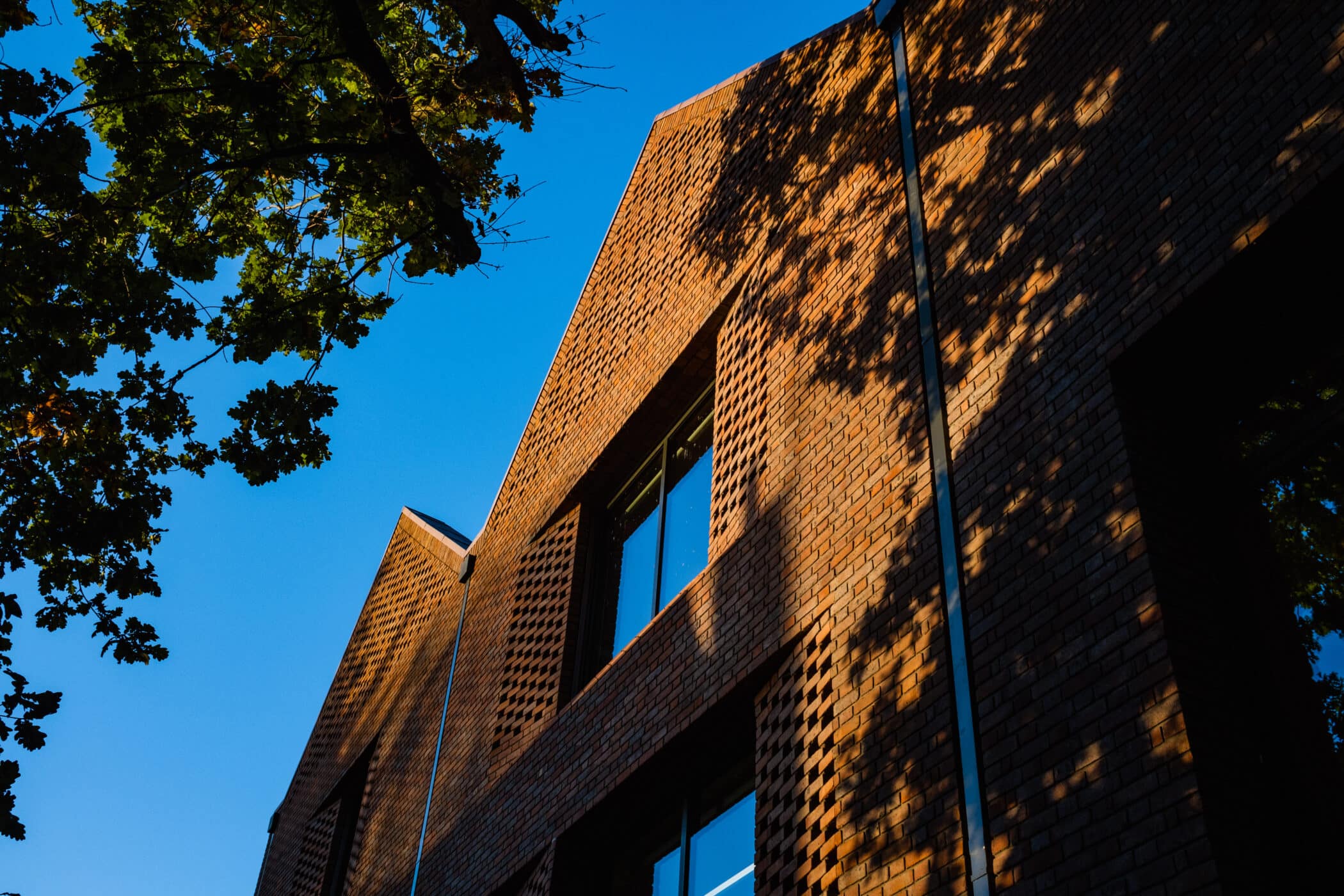
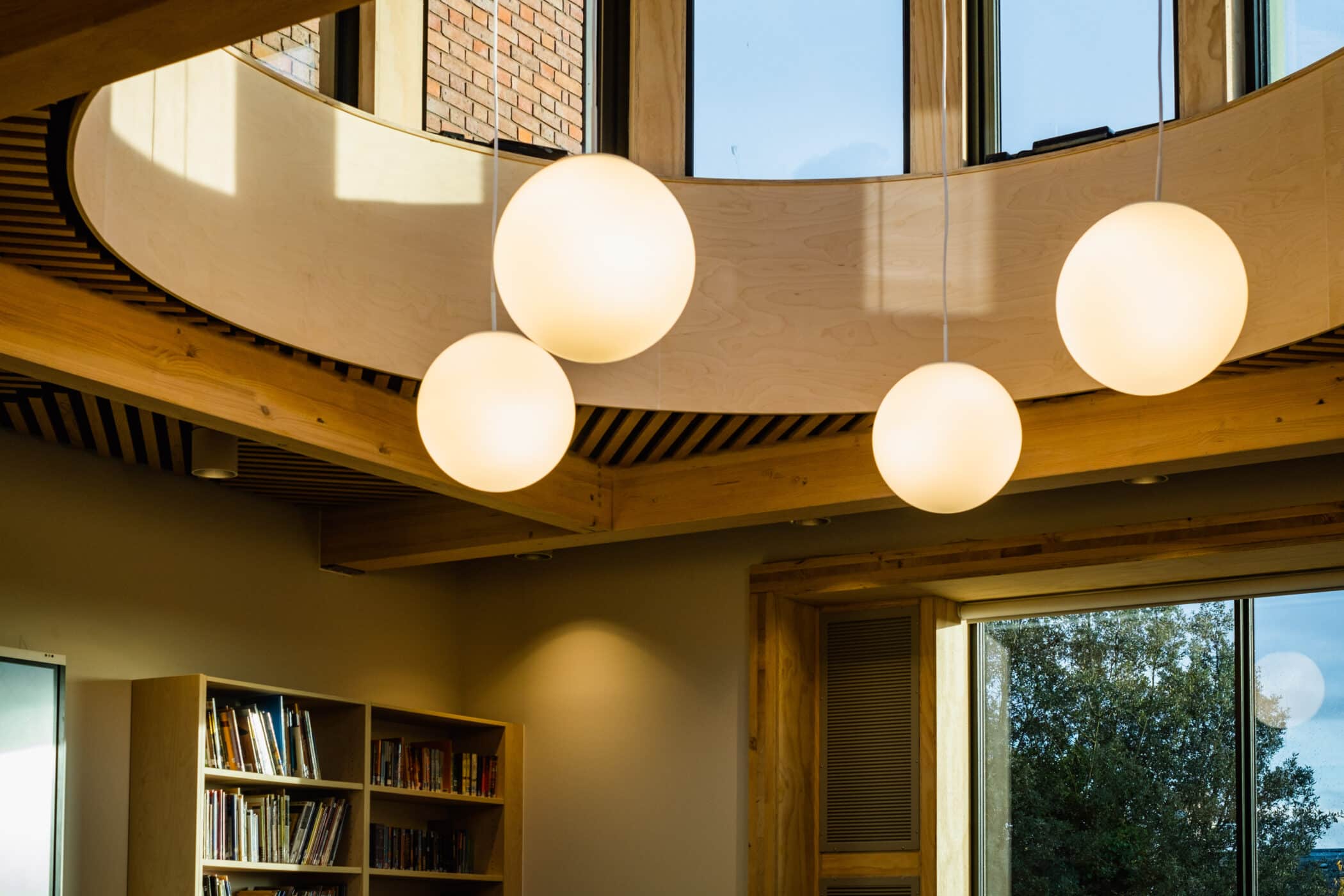
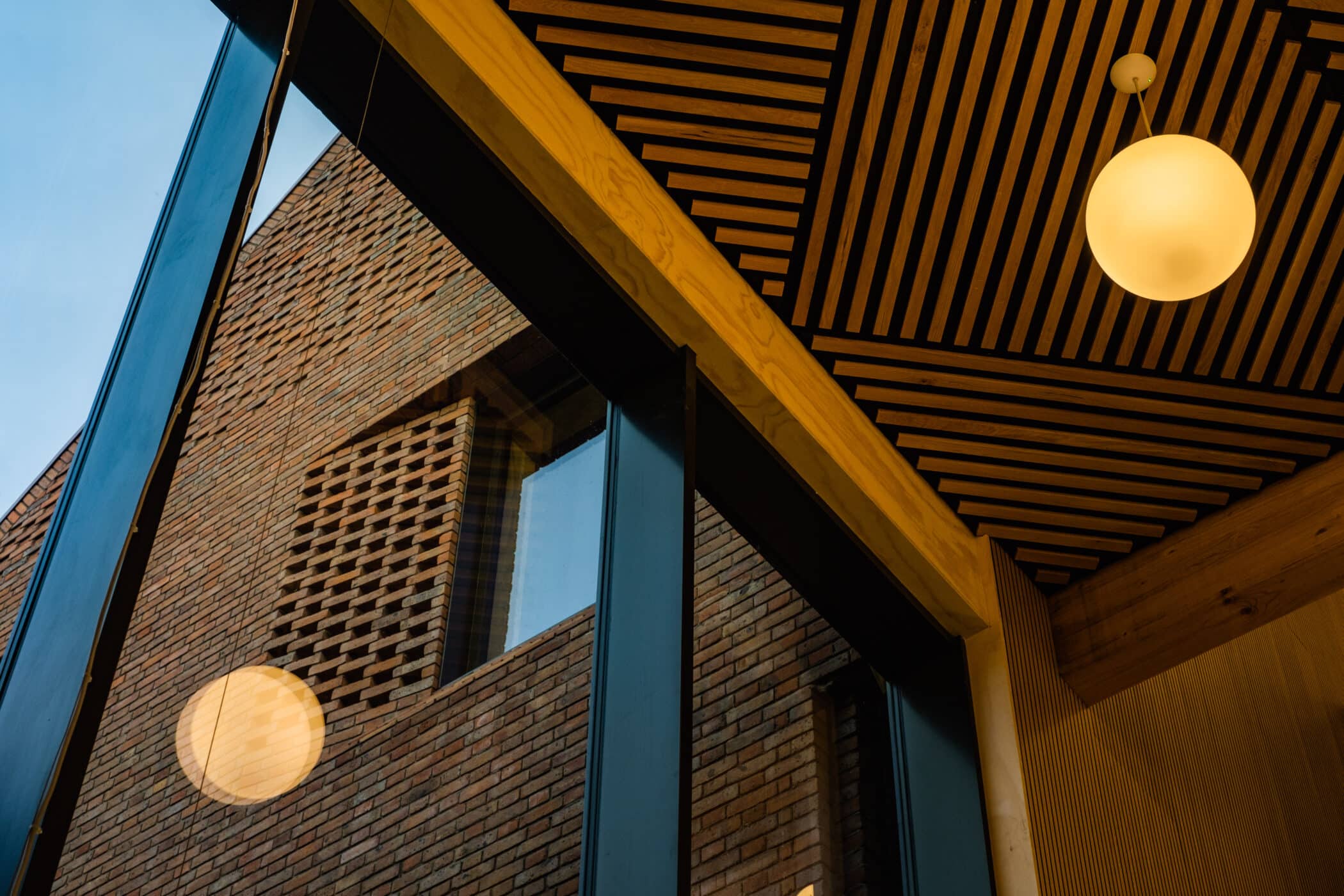
With sustainability at its heart, the carbon-neutral development is ground-breaking in terms of how it will provide inside/outside learning opportunities in an eco-friendly building. The fully-accessible site includes 14 new classrooms, additional Sixth Form classrooms, specialist teaching spaces for music, art, science and computing, a light-filled library with rooftop lantern, and double-height hall with tiered performance seating.
With a science garden, forest school area, and dedicated separate play areas for Reception and the older years, the outside space is integral to making learning a hands-on experience.
The building has a sustainable wooden frame, south-facing photovoltaic panels to supply electricity, north-facing roof lights for daylight with limited solar gain, a highly insulated and airtight building fabric, air source heat pumps and a heat recovery system to keep warmth in the building while allowing fresh air in, and noise-reducing woodwool acoustic insulation.
“With its environmentally-friendly features, the building not only serves as an inspiring learning environment but also as a physical embodiment of the lasting impact our girls can make in the realm of sustainability,” says Ms Kate Bevan, Head of Junior School.
Partnerships, community and upcoming events
Our Eco Reps take part in two GDST-wide initiatives: the ‘We Are One’ eco event and ‘Just One Tree Day’ where they lead fundraising activity for charity Just One Tree, who have planted over 10,200 trees on behalf of the GDST network.
Our Eco Reps and Eco Warriors planted 195 saplings themselves during National Tree Week in November. We teamed up with a local project from charity Trees for Cities and Ealing Council to plant native trees on Horsenden Hill to encourage wildlife and reduce flooding.
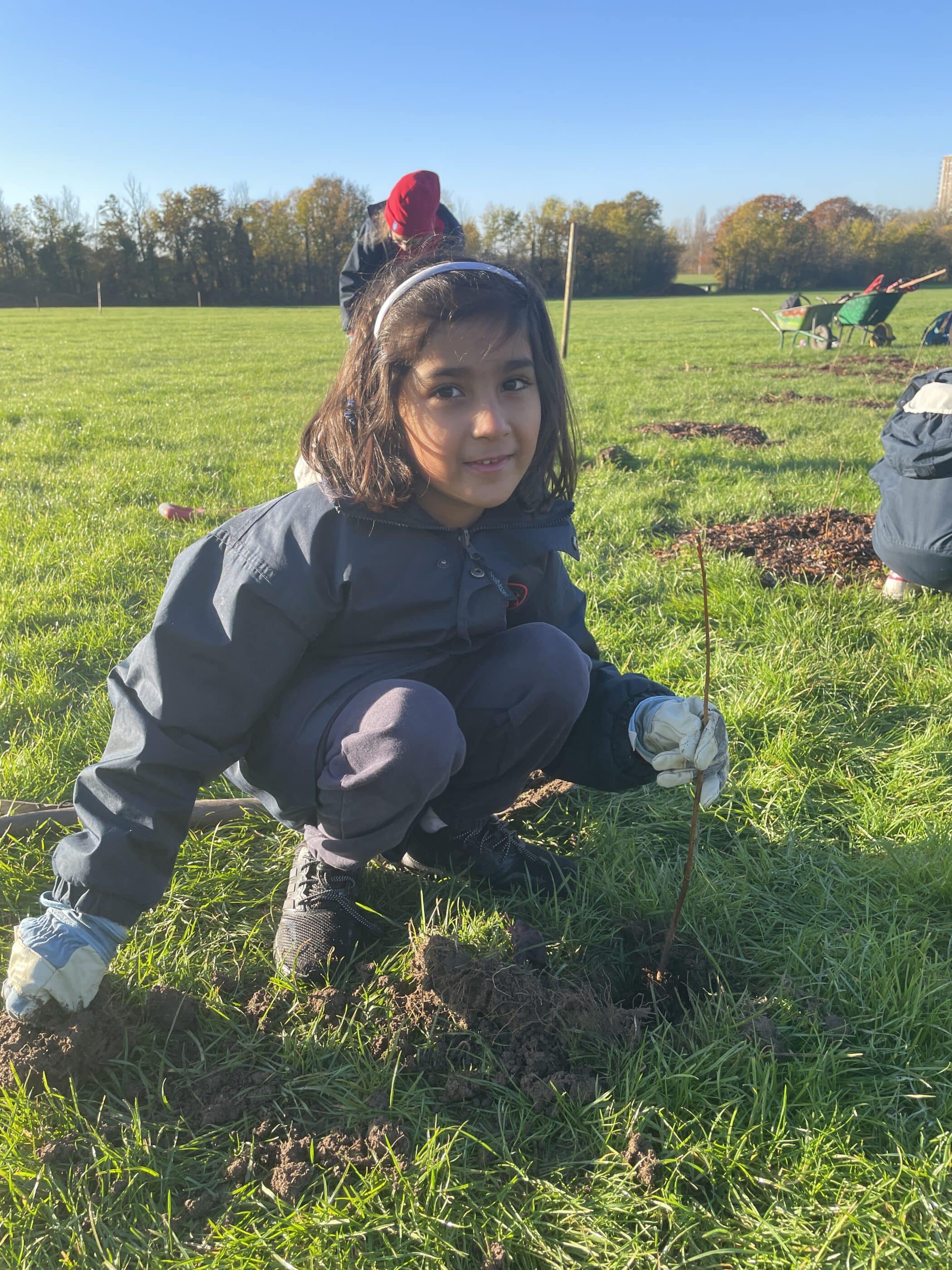

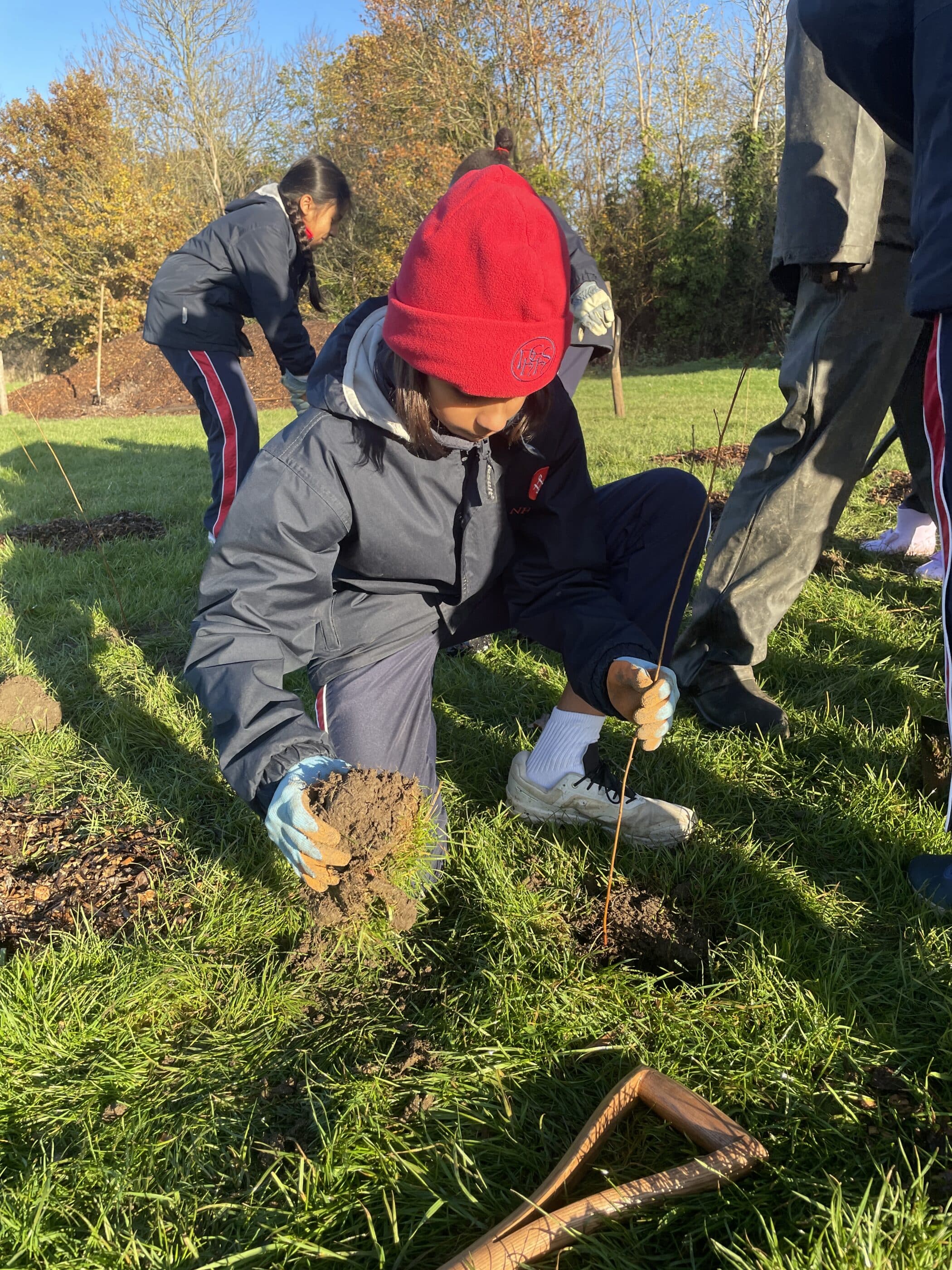
Our GreenSTEM Challenge launched in December 2023 and gives Year 12 students from NHEHS and six local partner schools the chance to tackle a higher level STEM research project. Students develop solutions to the climate and energy crisis over four events, under the guidance of Doctoral research scientists from Imperial College, and will present their work at the Natural History Museum in March 2024.
Planned is a science event with the Royal Institute and partner schools, a COP-style event, and a Green Careers Conference with local schools – all to be held in the new Junior School. We are installing a native wildflower vertical living wall with rainwater harvesting in the Senior School and are working towards sustainability credentials, including the Eco-Schools Green Flag.
“For us, sustainability isn’t just a concept but a tangible, positive force for our environment and community,” concludes Mr Khan.


